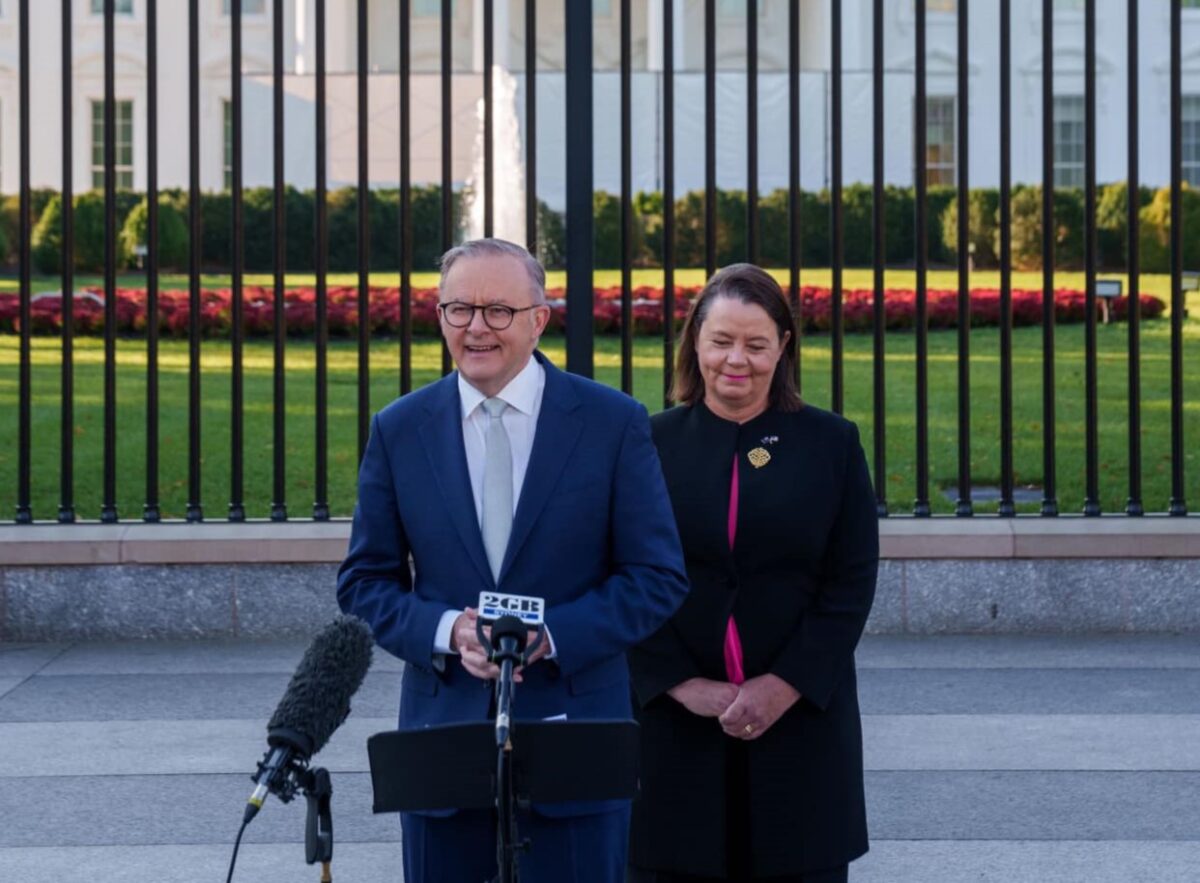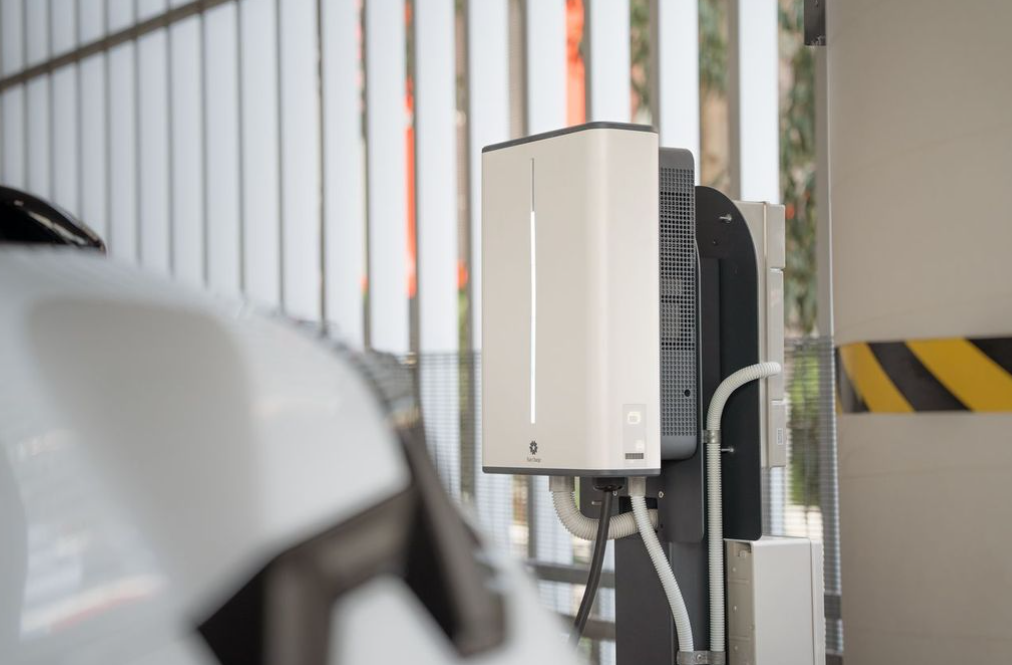The federal government has announced a $2 billion expansion in financing available under its Critical Minerals Facility to back Australian critical minerals mining and processing projects.
Speaking in the United States, Australian Prime Minister Anthony Albanese said the finance boost will help facilitate the transition to a decarbonised economy while cementing Australia’s position as a world-leading provider of critical minerals used in clean energy technologies like electric vehicles, storage batteries, wind turbines and solar panels.
According to the Albanese, Australia’s critical minerals are the building blocks for a clean energy future, and harnessing their capacity is essential to the government’s commitment to transforming Australia into a renewable energy superpower.
“We want to move Australia up the international value chain in critical minerals, energy and manufacturing,” Albanese said at a press conference in Washington, adding that the funding increase will help to develop supply chains with the United States and support shared clean energy and manufacturing ambitions.
“Australia is committed to building sustainable and secure critical minerals supply chains with the United States,” he said. “This is central to building a clean energy future and delivering economic growth.”
Independent modelling shows increasing exports of critical minerals and energy-transition minerals could create more than 115,000 new jobs and add $71.2 billion to Australia’s GDP by 2040.
“Australians will benefit through this investment in critical minerals, through technology, skills, jobs and economic gains,” Albanese said.
The extra financing will double the capacity of the Critical Minerals Facility, managed by the government’s Export Finance Australia (EFA) agency. Under the facility, companies can apply for loans, financial guarantees or performance and warranty bonds to help establish projects and develop export markets.
The facility is also aimed at reducing China’s dominance of global supply chains for processed materials. While Australia has some of the world’s richest deposits of critical minerals like lithium, cobalt, vanadium and significant deposits of rare earth elements, China currently dominates the critical minerals processing sector.
About 75% of the world’s lithium and 85% of cobalt is processed in China. It also refines more than 90% of the world’s graphite, a mineral crucial to the manufacture of batteries for electric vehicles.
Only last week China announced plans to restrict exports of graphite, saying permits will be needed from December for synthetic graphite material — including high-purity, high-strength and high-density versions — as well as for natural flake graphite.
The announcement came just days after the United States extended its restrictions on the kinds of semiconductors that American companies can sell to Chinese firms.
Australian Resources Minister Madeleine King said creating a sustainable and reliable supply of critical minerals is vital to supporting the Australian and United States’ manufacturing sectors.
“The road to net zero runs through Australia’s resources sector,” she said. “We are well positioned to be a world-leading provider of critical minerals, including rare earths elements, and to support global efforts on clean energy transformation.”
This content is protected by copyright and may not be reused. If you want to cooperate with us and would like to reuse some of our content, please contact: editors@pv-magazine.com.









By submitting this form you agree to pv magazine using your data for the purposes of publishing your comment.
Your personal data will only be disclosed or otherwise transmitted to third parties for the purposes of spam filtering or if this is necessary for technical maintenance of the website. Any other transfer to third parties will not take place unless this is justified on the basis of applicable data protection regulations or if pv magazine is legally obliged to do so.
You may revoke this consent at any time with effect for the future, in which case your personal data will be deleted immediately. Otherwise, your data will be deleted if pv magazine has processed your request or the purpose of data storage is fulfilled.
Further information on data privacy can be found in our Data Protection Policy.